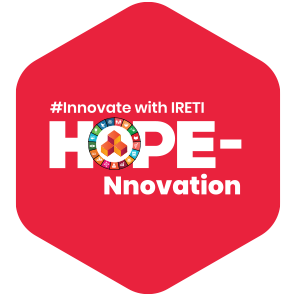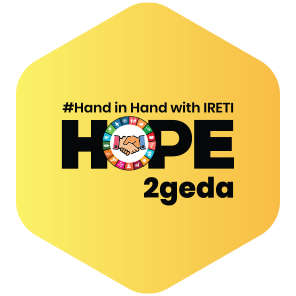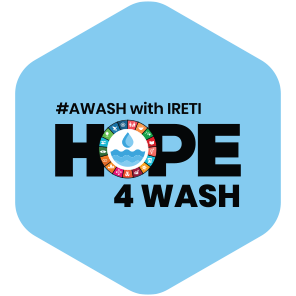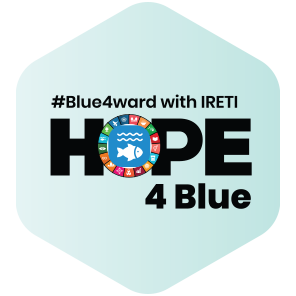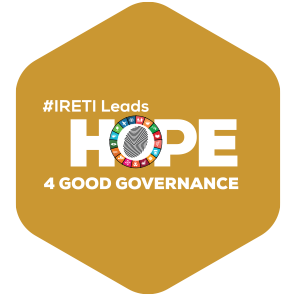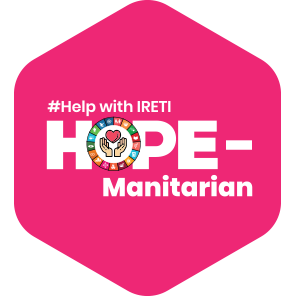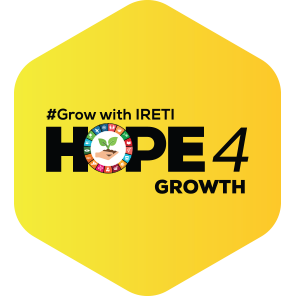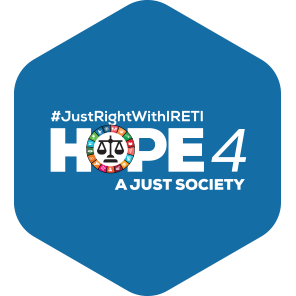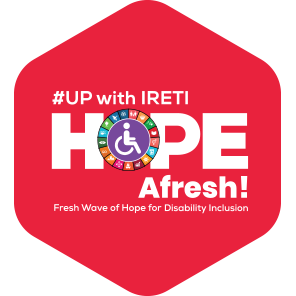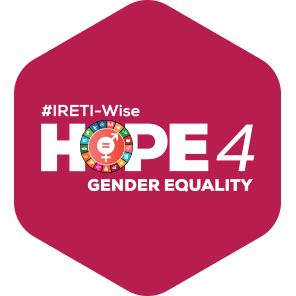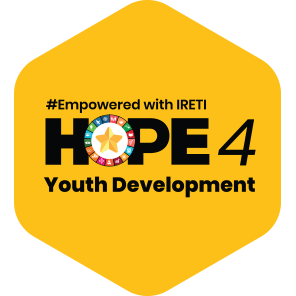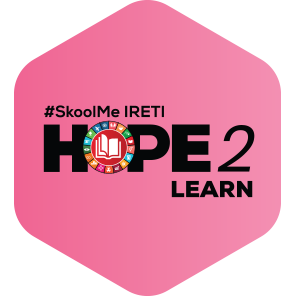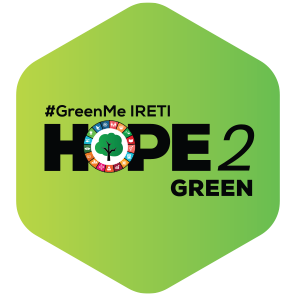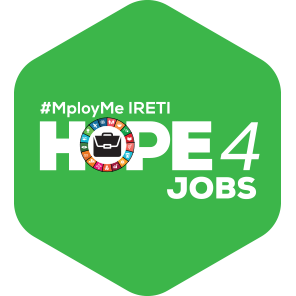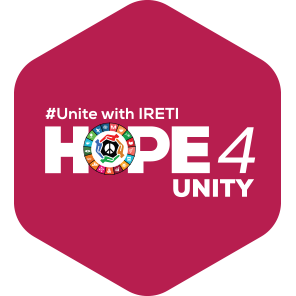HOPE2RYBE
Harnessing Opportunities 2 Profit the Economy
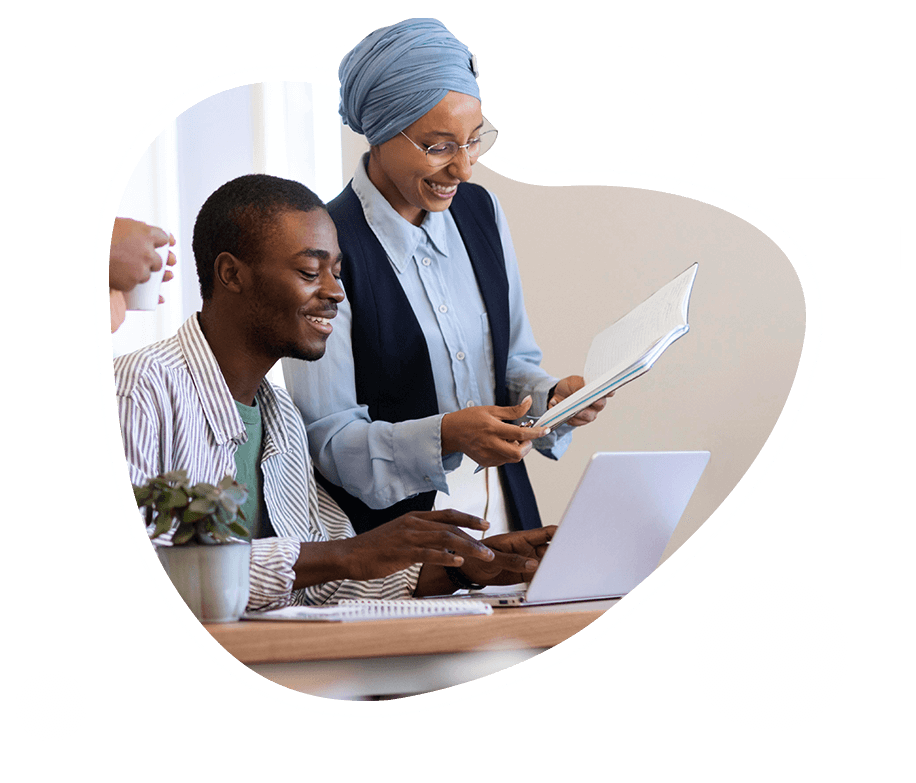


Youth-driven Action for Sustainable and Inclusive Development
Towards Community Transformation
We have seven (7) years left before we reach the target timeline for the global adoption of the United Nations Agenda 2030 (Sustainable Development Goals).
The active engagement of youth in sustainable development efforts is central to achieving sustainable, inclusive and stable societies by the target date, and to averting the worst threats and challenges to sustainable development, including the impacts of climate change, unemployment, poverty, gender inequality, conflict, and migration.
Community transformation is a social justice model for activating significant change in a community in terms of human health, social justice, income, employment, educational attainment, environmental quality, population retention, business environment, access to capital, entrepreneurial activity, accountable governance, and/ or civic participation.
Community-level change is our best bet for tackling the root causes of socioeconomic inequities to deepen and democratize the impact of development action measures and dividends.
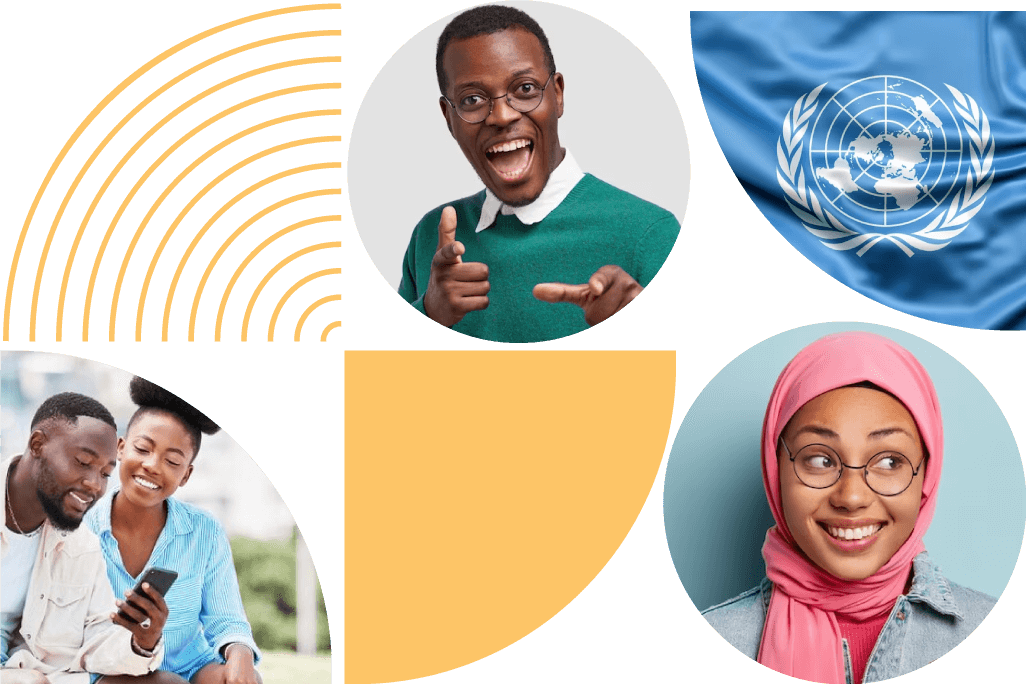
The UN 2030 Agenda provides a comprehensive systems map for Governments, the private sector and communities—a global plan to guide the implementation of policies and actions to reduce poverty, achieve peace, and promote equality, leaving no one behind.
Today’s generation of young people (between 10 and 24 years old) is close to 1.8 billion – more than at any other time in history. Nigeria has the largest population of youth in the world with about 70% of the population are under 30.
Youths have a crucial role to play at the frontlines as partners and participants in the implementation of response plans and interventions to development challenges.
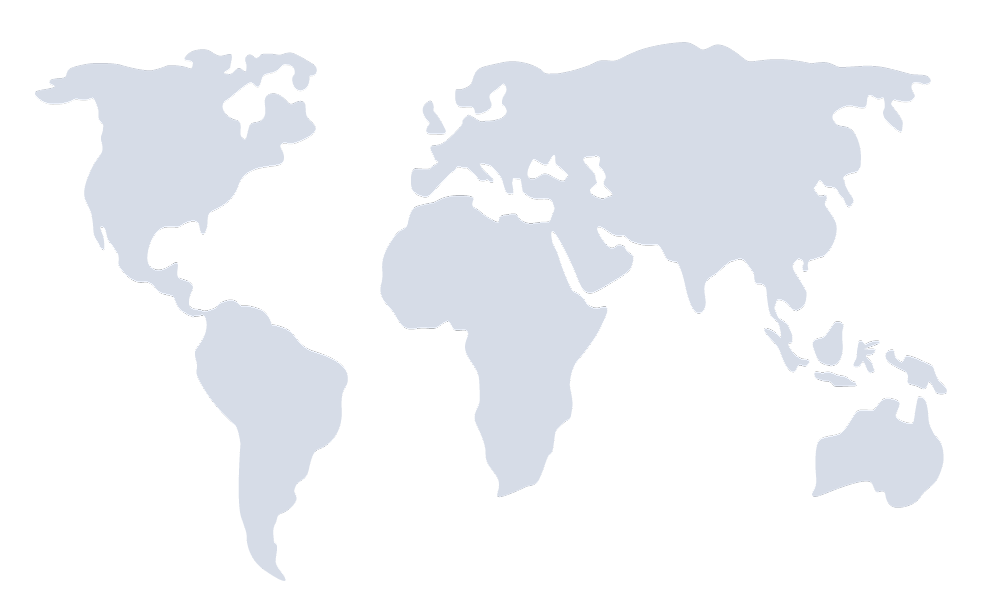
The HOPE2RYBE platform seeks to establish the
10 UN Guiding Principles
for Supporting Young People as Critical Agents of Change in the 2030 Agenda

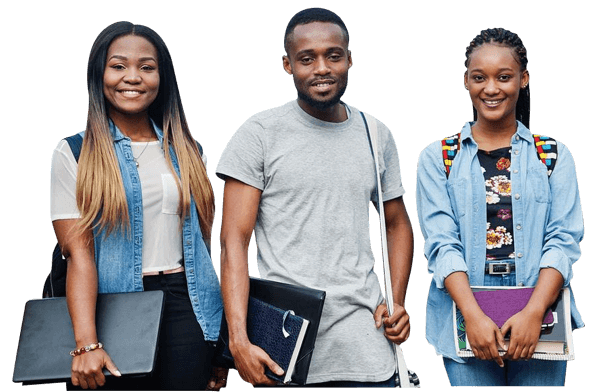
Ensure that the alignment of development priorities with the SDGs at all levels addresses young people’s specific needs and is responsive to their voices, respects, upholds and promotes their rights, especially by strengthening avenues for youth participation and increasing investments in youth-led development. Applying a human rights-based approach and the application of international labour standards and other United Nations normative frameworks relevant to the development of young people is key.
Foster and support overall enabling environments for inclusive and meaningful youth participation in all phases of 2030 Agenda processes, including through structured, substantive and effective participation in official policy processes, the promotion of formal and informal spaces where young people can engage with each other and the community at large, volunteering schemes, multi-stakeholder SDG initiatives and partnerships and sustainable funding.
Promote gender equality and girls’ and young women’s empowerment as critical for achieving the 2030 Agenda
Advocate for youth-sensitive national and local SDG indicators, in addition to age disaggregation, as a critical avenue for ensuring development progress, make data sources youth-friendly and foster young people’s role in generating data on the Goals.
Find creative ways to engage young people throughout the entire SDG programme, project or initiative cycle, from consultation and design to monitoring and evaluation of initiatives, while ensuring that M&E frameworks are sensitive and relevant to them.
Ensure that young people’s participation in SDG action is meaningful by setting clear and substantive objectives and establishing channels whereby youth participation can have a visible impact on outcomes.



Focus Areas
The support of youth-led initiatives and activities at both the grassroots and national levels is critical to accelerate the realization of sustainable development.
HOPE2RYBE Volunteer activities will be centered to serve the 17 key development impact areas:
